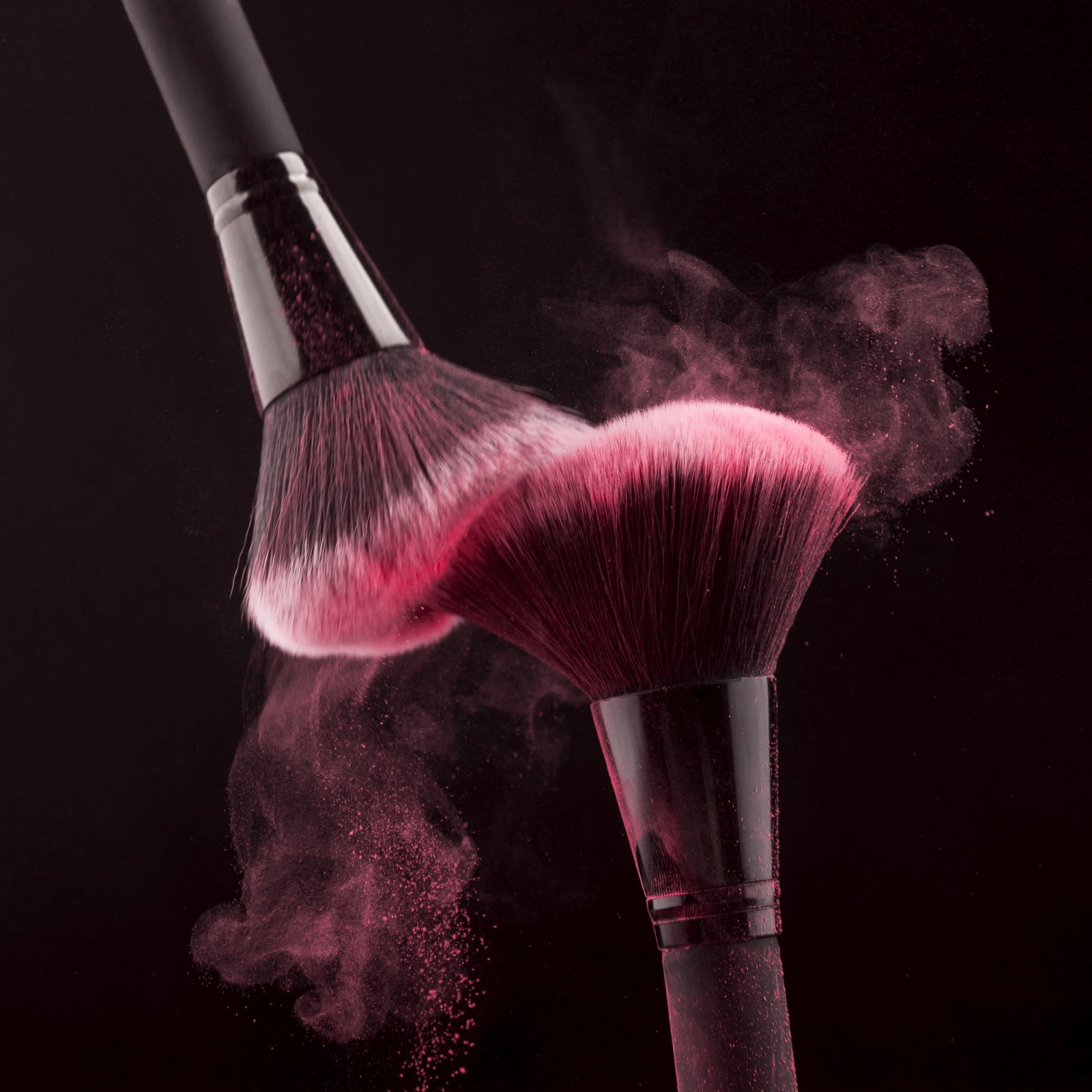
Newsletter
Subscribe Now
Subscribe to our newsletter and get 10% off your first purchase
When it comes to personal care and beauty, one common question arises: What are considered cosmetics? This question isn't just about makeup — it covers a wide range of everyday products that enhance appearance and hygiene.
Cosmetics are defined as substances or products used to cleanse, beautify, enhance, or alter the appearance without affecting the body’s structure or functions. This includes everything from lipstick and foundation to skincare and perfumes.
You may be surprised by how many everyday items fall into this category:
Skincare products (moisturizers, cleansers, serums)
Makeup (eyeshadow, mascara, foundation)
Fragrances (perfumes, body mists)
Haircare (shampoos, conditioners, styling gels)
Personal hygiene (deodorants, bath products)
Most regulatory bodies like the FDA or EU define cosmetics as products intended for external application to the human body for cleansing, beautifying, promoting attractiveness, or altering the appearance.
What’s not considered cosmetics: products that are meant to treat or prevent disease, like medicated creams — these are classified as drugs or therapeutic goods.
Cosmetics are generally split into two categories:
Decorative cosmetics: Enhance appearance (e.g., lipstick, blush)
Functional cosmetics: Improve skin/hair condition without medicinal claims (e.g., moisturizers, conditioners)
Understanding what qualifies as a cosmetic helps you:
Choose safer, more suitable products
Know what regulations apply
Understand ingredient labels
Avoid misleading claims
Today’s cosmetics are evolving to be more skin-conscious, inclusive, and sustainable. Clean beauty, minimalist routines, and hybrid skincare-cosmetic products are defining modern trends.
So, what are considered cosmetics? Any product applied externally to enhance, cleanse, or beautify. From your face cream to your favorite eyeliner, cosmetics are an essential part of self-care and self-expression — and knowing what they include helps you make better choices.
What products are officially considered cosmetics?
Any external-use product meant to cleanse, beautify, or enhance appearance, such as makeup, skincare, and perfumes.
Are soaps and shampoos considered cosmetics?
Yes, if they are used for cleansing or beautifying and don’t have medicinal claims.
What is not considered a cosmetic?
Any product meant to treat or prevent disease (like medicated creams or antibiotics) is not a cosmetic.




